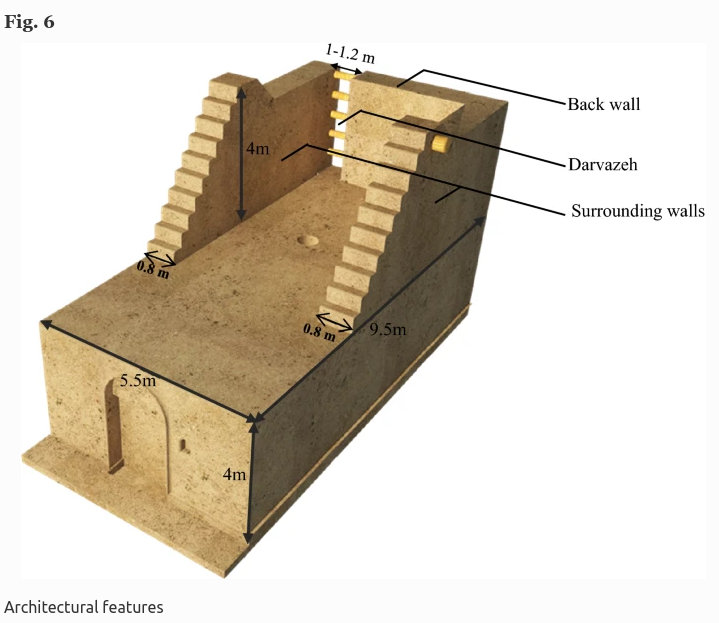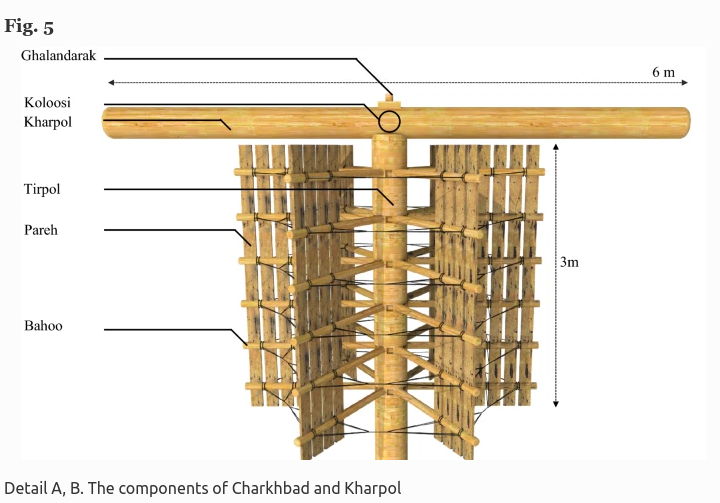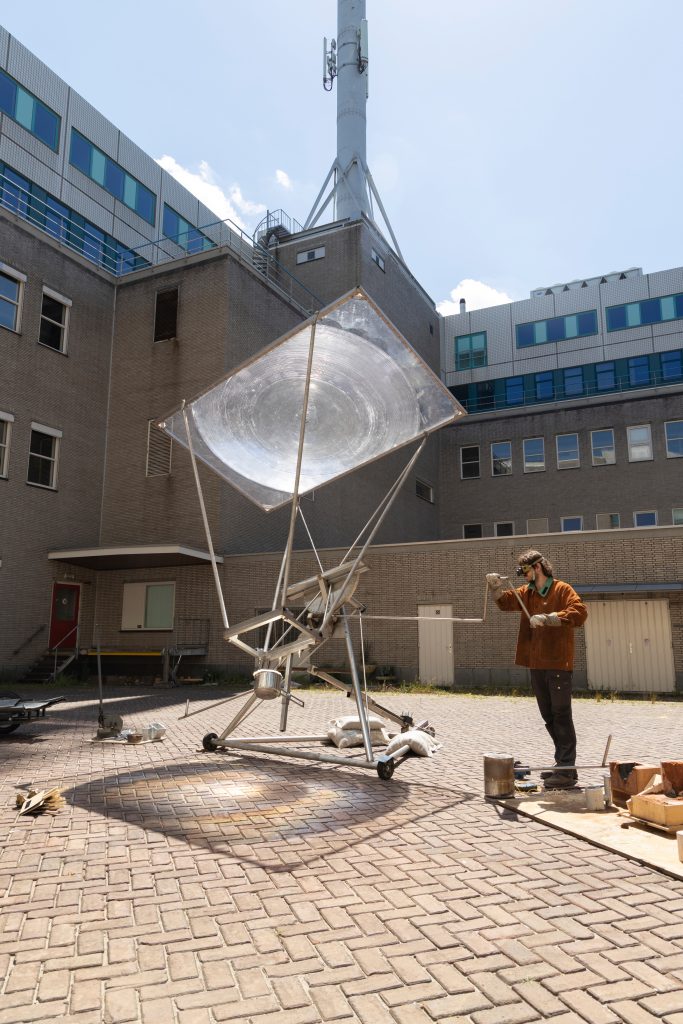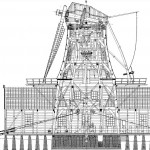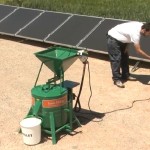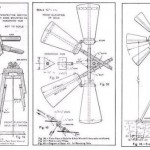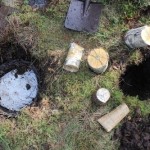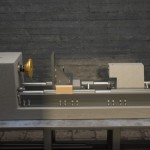- Kris De Decker: can low-tech become the new hi-tech? Radio New Zealand.
- Kris De Decker: “Low Tech: What, Why and How” The Great Simplification.
Podcasts
Off-grid solar e-waste in the Global South
“There has been a boom in the sale of small-scale off-grid solar products across the Global South over the past decade. A substantial portion of this boom has been driven by international investment in off-grid solar start-up companies, and a formalized off-grid solar sector has been established, with the Global Off-Grid Lighting Association acting as a key representative body.”
“Although this boom has aided in extending electricity access to many energy-poor households and businesses, an emerging concern is the short (three to four years) working life that these off-grid solar products typically have. This has led to a growing issue of solar e-waste. Here we examine how the structure of the off-grid solar sector results in substantial barriers to addressing solar e-waste in the Global South. We consider how practices of repair might contribute to addressing the issue, and set out a research agenda to facilitate new approaches to the issues of solar e-waste.”
Read more: Munro, Paul G., et al. “Towards a repair research agenda for off-grid solar e-waste in the Global South.” Nature Energy (2022): 1-6.
Electrification, digitalization, webification, datafication, personalization, actuation, and marketization
“This theoretical essay argues that the development of so-called ‘smart innovations’ is based on the monotonous application of seven standardized principles: electrification, digitalization, webification, datafication, personalization, actuation, and marketization. When a new smart innovation appears, what has typically occurred was the implementation of these principles to an object or process that, until that moment, had managed to remain unscathed by the smart innovation monoculture. As reactions to this dominant logic, ten major critical arguments against smart innovations have emerged in the academic literature: smart innovations are considered to be superseding, unhealthy, subordinating, exploitative, manipulative, addictive, fragile, colonial, labyrinthine, and both ecologically and socially unsustainable.”
“To a certain extent adopting the traits of a manifesto, this essay aims to challenge the monoculture of smart innovations by means of proposing the development of a charter potentially capable of promoting change on two fronts. First, facilitating technologists to develop truly creative ideas that are not based on the application of the monotonous principles of smart innovation. Second, challenging technologists to develop new ideas and concepts that are effectively beyond the above-mentioned ten criticisms. This is a highly relevant area for citizen-driven, political, and academic activism, as smart innovations, despite their conceptual weaknesses and patent negative consequences, surprisingly continue to be preferred beneficiaries for funding in contemporary policy-making and academic research circles.”
Read more: Ferreira, António. “Seven Principles and Ten Criticisms: Towards a Charter for the Analysis, Transformation and Contestation of Smart Innovations.” Sustainability 14.19 (2022): 12713.
Via Roel Roscam Abbing.
How to Build a Persian Windmill
“This paper investigated a windmill in Nehbandan which is an example of architectural heritage. Harnessing natural energy and using local materials such as stone, wood and adobe, the residents were able to create environmentally friendly structures. In this paper, one of these windmills that is still standing in Nehbandan was selected from a chain of windmills. Then, based on architectural survey, interviewing with millers and sketching, the dimensions of architectural elements and mechanical components were obtained and the windmill was modelled.”
“The results reveal that there is a close relation between architectural features and mechanical components. The orientation of this windmill toward prevailing wind, the correct placement of walls in three faces and creating a hole named Darvazeh in the third wall to direct the wind into the Parkhaneh are architectural features which provide the kinetic energy of the wind to move the mechanical components. The stepped form of the surrounding walls prevents erosion of mechanical components and as a result increases the durability of the windmill.”
Zarrabi, M., Valibeig, N. 3D modelling of an Asbad (Persian windmill): a link between vernacular architecture and mechanical system with a focus on Nehbandan windmill. Herit Sci 9, 108 (2021). https://doi.org/10.1186/s40494-021-00587-0
https://heritagesciencejournal.springeropen.com/articles/10.1186/s40494-021-00587-0
Solar Metal Smelter
Jelle Seegers set out to design a production line that drastically lowers our footprint, using nothing but the sun, wind, or muscle power as its energy source. The ‘Solar Metal Smelter’ is his pièce the résistance: this huge magnifying glass creates a powerful focal point that, on a sunny day, makes metal melt. Cast in a sand mould, the hot substance is transformed into machine parts for a foot-driven grinder in an off-grid practice.
More:
